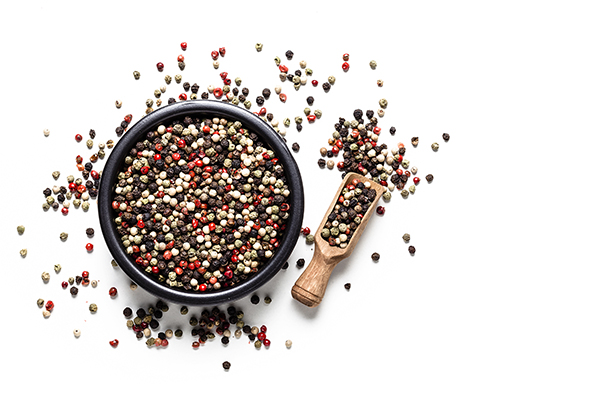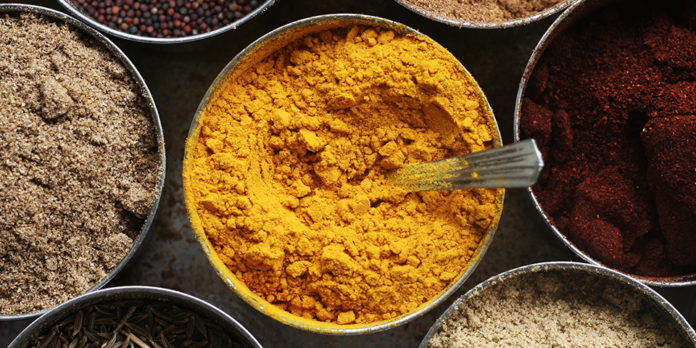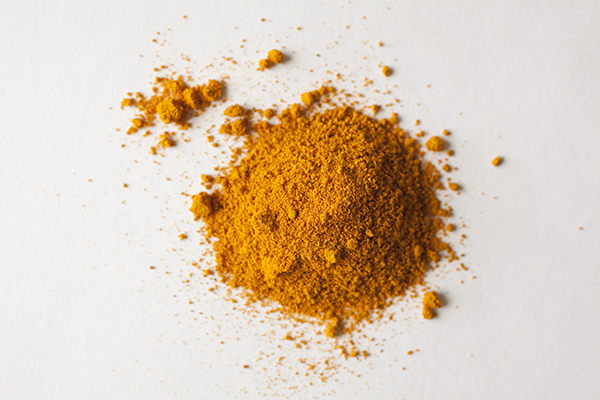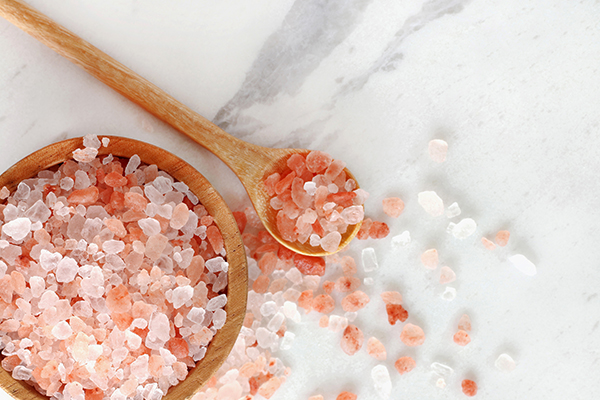No matter how seasoned a cook you are, you know that the right herbs and spices will enhance flavor.
But have you checked the expiration dates on your spice jars lately? Seasonings may look like they’ll last forever, but do spices go bad?
Do Herbs & Spices Really Expire or Go Bad?
Not really. According to the USDA, most pantry items can last for years, if not indefinitely, including dried herbs and spices.
Still, herbs and spices do have a shelf-life for freshness, even if they don’t appear spoiled.
Air, heat, and bright light can cause herbs and spices to lose flavor over time, and if that happens, they simply won’t work.
Can spices go bad and make you sick?
According to Brittany Crump, M.P.H., R.D.N. at Savor Nutrition, “Over time, herbs and spices will lose their flavor, but there’s a very low risk they will make you sick.”
Herbs and spices don’t go bad as milk or yogurt would.
Eating 25-year old curry powder won’t kill you, but that spiced chicken won’t taste or look quite right.
It’s tough to tell how long spices are good after the expiration date. But the longer you wait, the more flavor you lose.
Shelf-Life of Common Herbs & Spices
When should you throw out old spices? To get the maximum flavor out of your herbs and spices, use them before the “best by” date (if one is listed).
The type of spice — fresh, ground, or whole — affects how long they last.
Here’s a chart of the average shelf-life for common herbs and spices from Iowa State University:
| Herb or Spice | Fresh | Ground | Whole |
| Allspice | — | 2-3 years | — |
| Basil | 5-7 days | 2-3 years | 3-4 years |
| Bay leaves | 5-7 days | 2-3 years | 3-4 years |
| Black pepper | — | 2-3 years | 5-6 years |
| Cayenne | 5-7 days | 2-3 years | 2-3 years |
| Celery seed | 5-7 days | 2-3 years | 2-3 years |
| Chili powder | — | 2-3 years | 2-3 years |
| Chives | 7-10 days | 2-3 years | 2-3 years |
| Cilantro | 5-7days | 2-3 years | 4-5 years |
| Cinnamon | — | 2-3 years | 4-5 years |
| Cloves | 5-7 Days | 2-3 years | 4-5 years |
| Coriander | 5-7 days | 2-3 years | 2-3 years |
| Cumin | — | 2-3 years | — |
Whole Vs. Ground Spice
In general:
- Ground (dried) spices will last 2-3 years.
- Whole spices will last 4-5 years.
You can apply this rule of thumb to:
- Asian spices (ginger, star anise, lemongrass, etc.)
- Indian spices (cardamom, garam masala, turmeric, etc.)
- Mexican spices (annatto, chile, oregano, etc.)
- Mediterranean spices (rosemary, thyme, sage, etc.)
- Moroccan spices (paprika, nutmeg, Ras el hanout, etc.)
- Other spices not listed above
While the strategy might work for the average palate, you might want to observe stricter “best by” dates if you have truly discerning tastes.
Some chefs or recipe sites recommend chucking ground spice after three months and whole spices after 10 months.
Salt is an exception. Table salt, kosher salt, sea salt, Himalayan — no matter which kind you like, you can store salt indefinitely.
Do Different Spice Brands Matter?
“The most important factor is the freshness of the spice, not the brand,” says Crump. Most spice companies will seal their spice jars to lock in the freshness.
Look at the “best by” dates before you buy because stale spices won’t do your dish justice!
Anti-Caking Additives
Some manufacturers use anti-caking agents to help preserve the freshness of their products.
Since caking is caused by moisture, these additives act to absorb or repel water and oil to prevent spices from clumping together.
One of the most common anti-caking food additives, silicon dioxide, is approved by the FDA for safe human consumption.
Not every spice brand uses anti-caking agents, but many do.
If you really want to avoid these additives, be sure to read the ingredients list on the label.

Tips to Enjoy Fresher Herbs & Spices
Now that we’ve answered the question, “Do spices go bad?” let’s look at some best practices. Herbs and spices can be expensive.
Here are top tips to get the most out of your culinary investment:
- Buy whole spices instead of ground. You’ll have a longer window of opportunity to enjoy them. Invest in a spice mill or pestle to ground whole spices.
- Don’t buy in bulk. Buy smaller quantities that you can use up in just a few months to a year.
- Use air-tight spice jars. If your herbs and spices don’t come in a jar, use a glass mason jar or stainless steel container to keep air out.
- Store in cool, dry places. Avoid direct sunlight or moisture, which can degrade the herbs and spices. “The convenience is tempting, but avoid storing your spices near your stove or any heat sources that generate humidity, which can cause spices to lose their freshness,” Crump adds. “I prefer to store mine in a cool, dry cabinet.”
If you’re looking for tips on how to use spices in cooking, we recommend checking out:
Want more expert nutrition tips and advice? Head over to BODNutrition.com to earn how Beachbody nutrition programs and products can help you lead a healthier lifestyle.




























